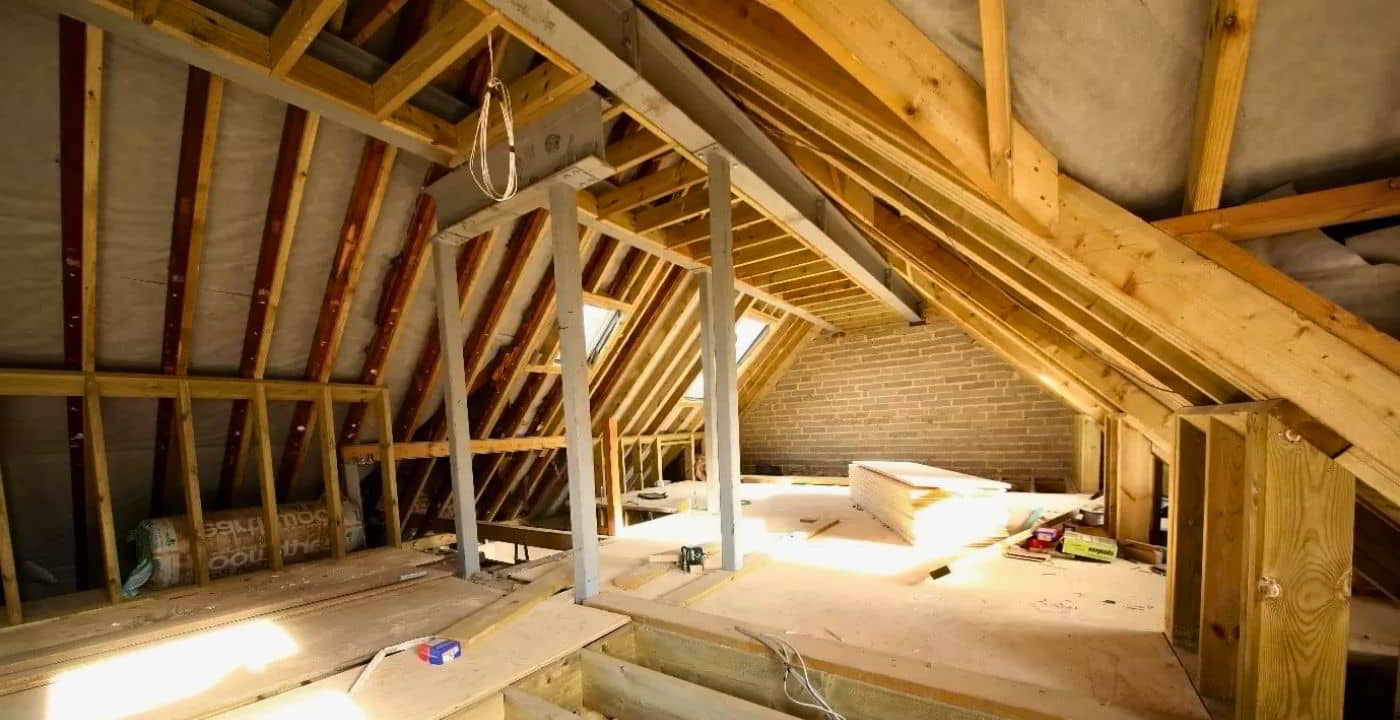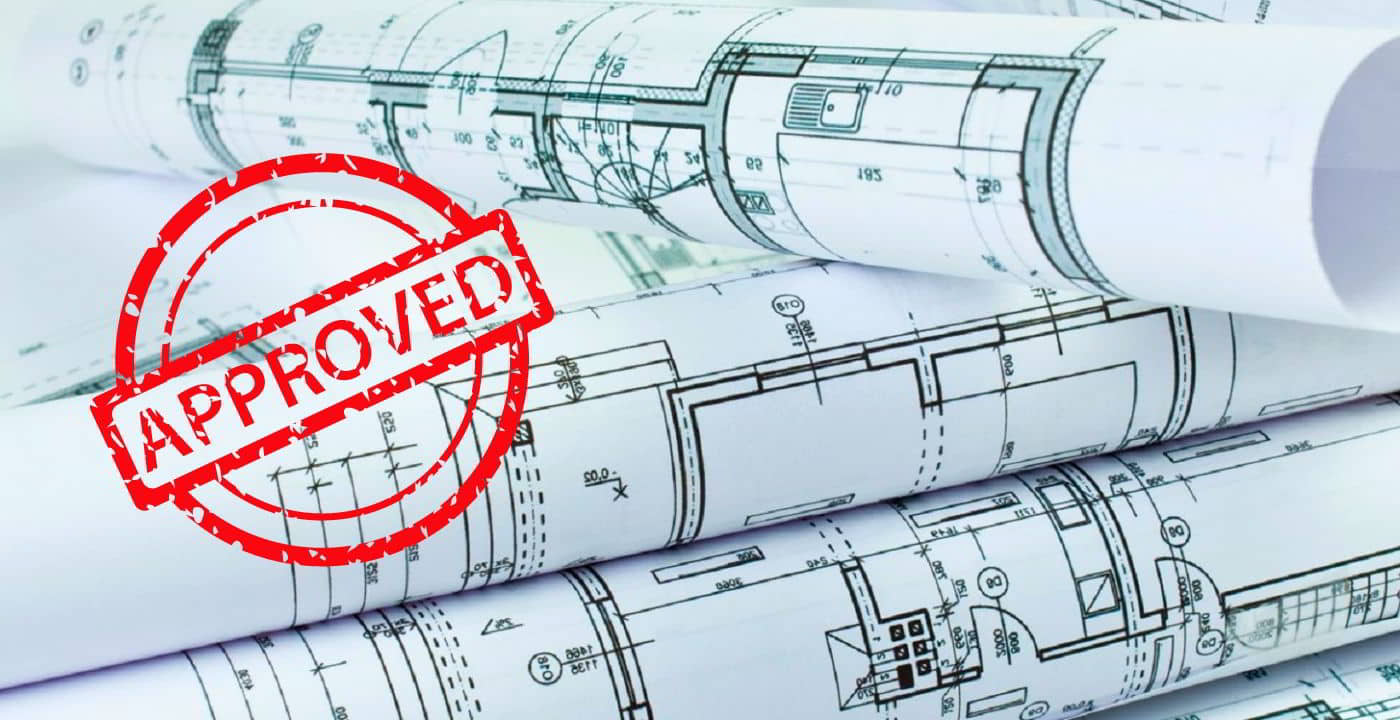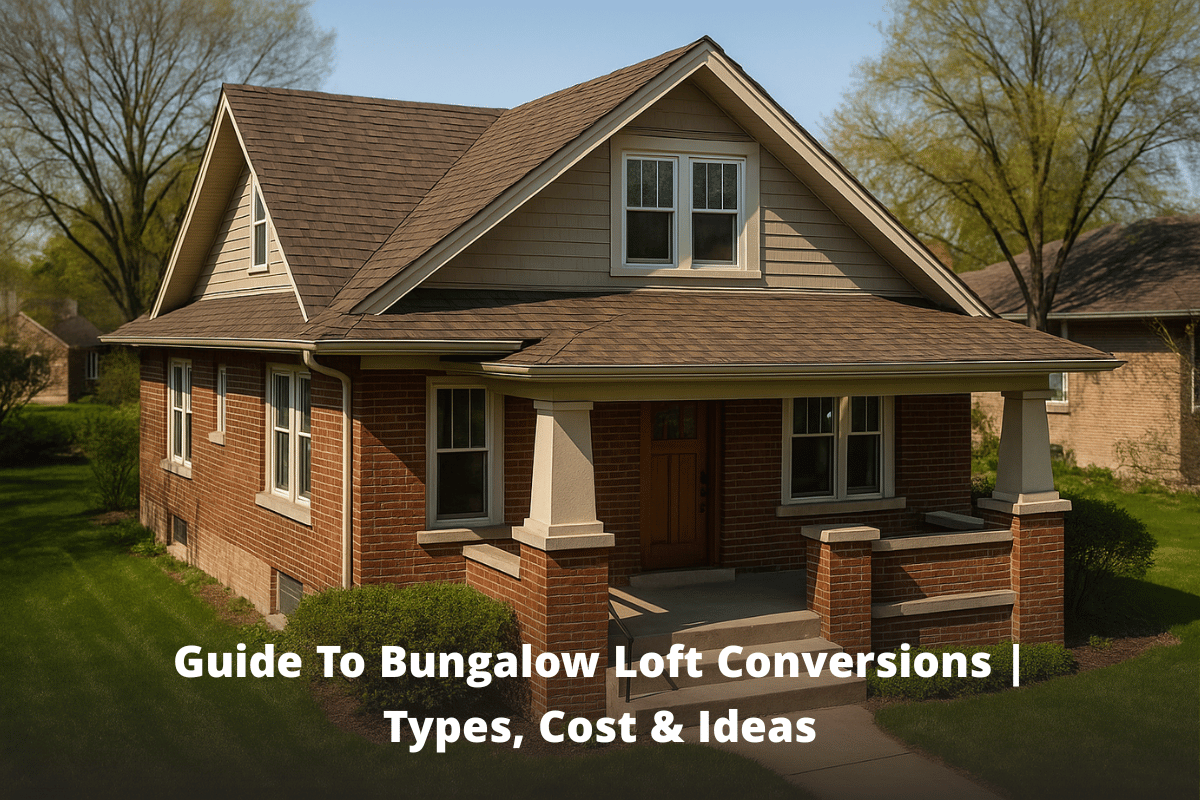
Key Takeaways
- It is important not to confuse building regulations with planning permission. All building projects, including loft conversions, must comply with building regulations, but most loft conversions do not need planning permission.
- It is illegal to convert a loft that does not comply with building regulations.
- Building regulations for loft conversions were updated last year (2022), so it is important you familiarise yourself with the changes before beginning any building work or committing significant funds to the project.
Carrying out a loft conversion that does not comply with building regulation requirements could invalidate your home insurance agreement and leave you exposed to significant financial liabilities
Loft Conversion Regulations 2022 (UK)
In 2022, the UK introduced new loft conversion regulations, which aimed to streamline the process and ensure consistency across different areas.
These regulations clarified certain aspects, such as minimum headroom requirements, fire safety measures, and thermal insulation standards.
It’s crucial for homeowners to be aware of these updated regulations to ensure their loft conversion meets the necessary standards.
Additionally, not every loft can be converted. So it’s vital to ascertain if your loft is allowed to be converted before you start doing any work on it.
What are the Building Regulations for Loft Conversion?
Building regulations are an essential aspect of any construction project, including loft conversions. They set out the standards and safety requirements that must be met to ensure that the converted space is safe and habitable.
Building regulations cover various aspects of the conversion process, such as structural stability, fire safety, insulation, ventilation, and access.
Building regulations approval is required for most loft conversions in the UK. Failure to comply with these regulations can have serious consequences, both for the homeowners and potential buyers.
It’s important to note that planning permission and building regulations approval are separate processes.
While planning permission focuses on the external appearance and impact of the development, building regulations are primarily concerned with structural integrity and safety.
Some of the main building regulations are:
- Minimum height of 2.2 meters from the floor to the roof
- A minimum of 1.9 meters headroom on the staircase accessing the loft
- Flooring must have sufficient strength for new load bearing requirements
- Any new windows must meet fire safety standard regulations
Buying a House with Loft Conversion Without Building Regulations
If you are buying a house that has a loft conversion that does not have building regulations approval, it can potentially cause problems down the line.
Not only might you be putting your own health and safety at risk (and any family who might also live in the property), but if you decide to sell the property, prospective buyers and their solicitors will likely raise concerns about the lack of building regulations compliance.
This could lead to delays, additional expenses, or even the sale falling through.
A lack of building regulations approval may also affect the your home insurance insurance coverage.
Insurers may refuse to cover any damage or accidents related to the non-compliant loft conversion. In the event of a fire or structural failure, the absence of building regulations compliance could result in liability issues and financial losses.
Is a Loft Conversion Without Planning Permission Okay?

Permitted development rights allow homeowners to make certain changes to their property without seeking formal permission, provided they meet specific criteria.
So, in most cases a loft conversion won’t need planning permission. However, it is crucial to consult with the local planning authority or a professional to determine whether your loft conversion falls under permitted development rights.
The criteria for permitted development rights can vary depending on the location and property type, so it’s important to seek accurate and up-to-date information.
FAQs
How long does a loft conversion take?
The duration of a loft conversion project can vary depending on factors such as complexity, size, and specific requirements.
On average, a loft conversion can take anywhere from 6 to 12 weeks to complete.
However, each project is unique, and timelines can be influenced by factors such as planning permission, building regulations approval, and unforeseen complications such as a shortage of materials.
You can find a detailed overview of how long loft conversions take here.
Where should I put the stairs for my Loft Coversion?
When planning a loft conversion, the placement of stairs is a crucial consideration.
The location of the stairs depends on the layout of the existing home and must comply with building regulations, including requirements for headroom, step dimensions, handrails and fire safety.
If you want more detailed information on stairs for a loft conversion we recently did a full write-up about it.
How Much Does a Loft Conversion Cost?
Based on average prices from last year (2022) the typical cost of a loft conversion is approximately £40,000.
This will depend on the type of conversion (Dormer, Hip-to-Gable etc.), the types of materials you choose and much more.
Conclusion
To summarize, yes – it is generally illegal to convert lofts without building regulations approval in the UK.
Building regulations exist to ensure that loft conversions are safe, habitable, and compliant with essential standards.
Homeowners who purchase a house with a loft conversion lacking building regulations approval may encounter difficulties when selling the property and face potential insurance coverage issues.
If you are considering a loft conversion in a London property but are unsure about building regulations or whether or not you might need to secure planning permission, get in touch today – we’re hear to help and will be able to answer any question or query you might have.




